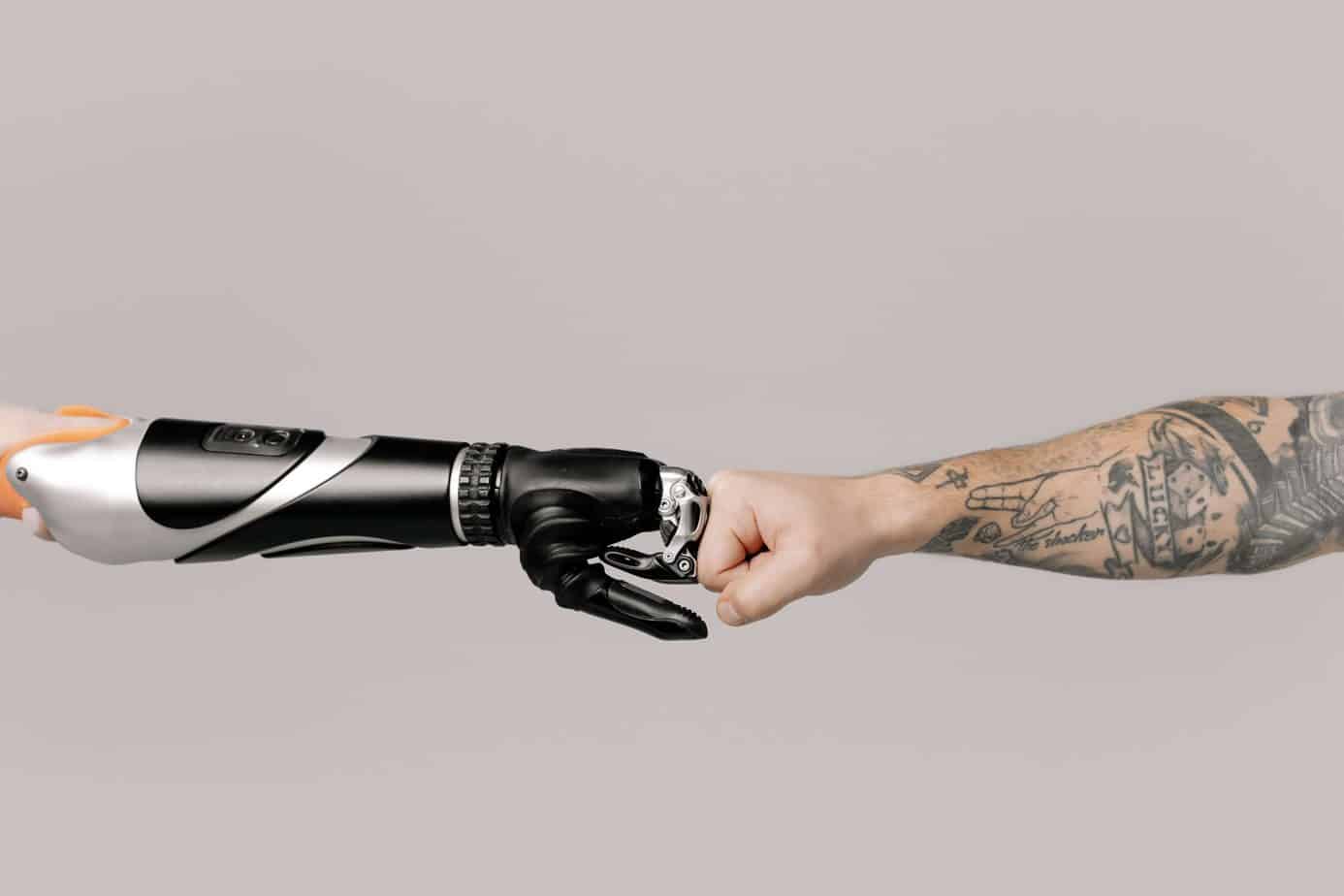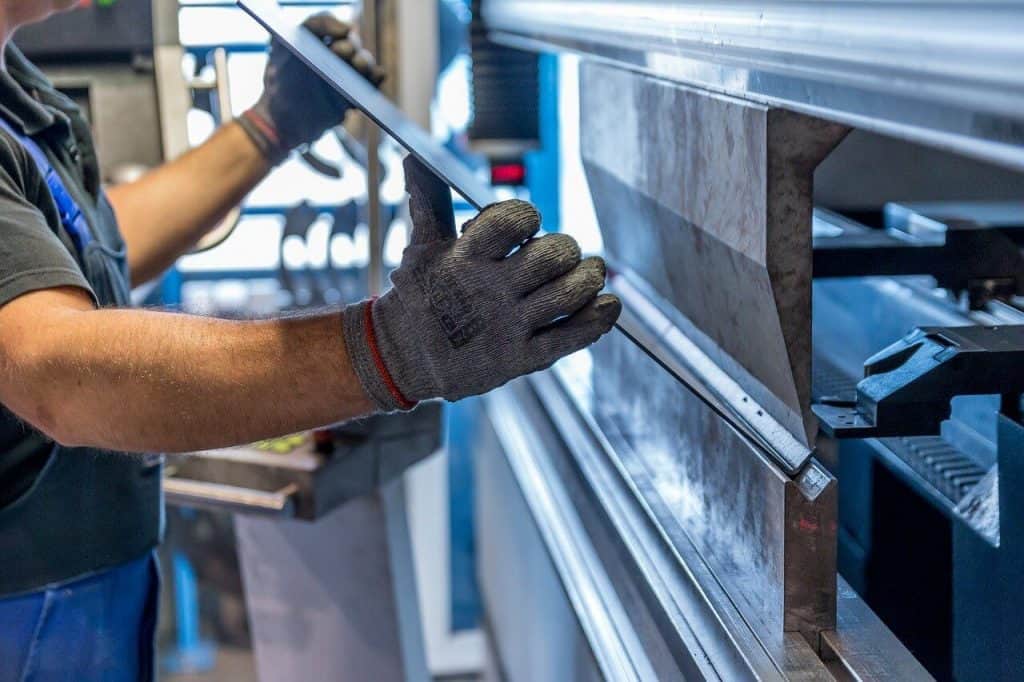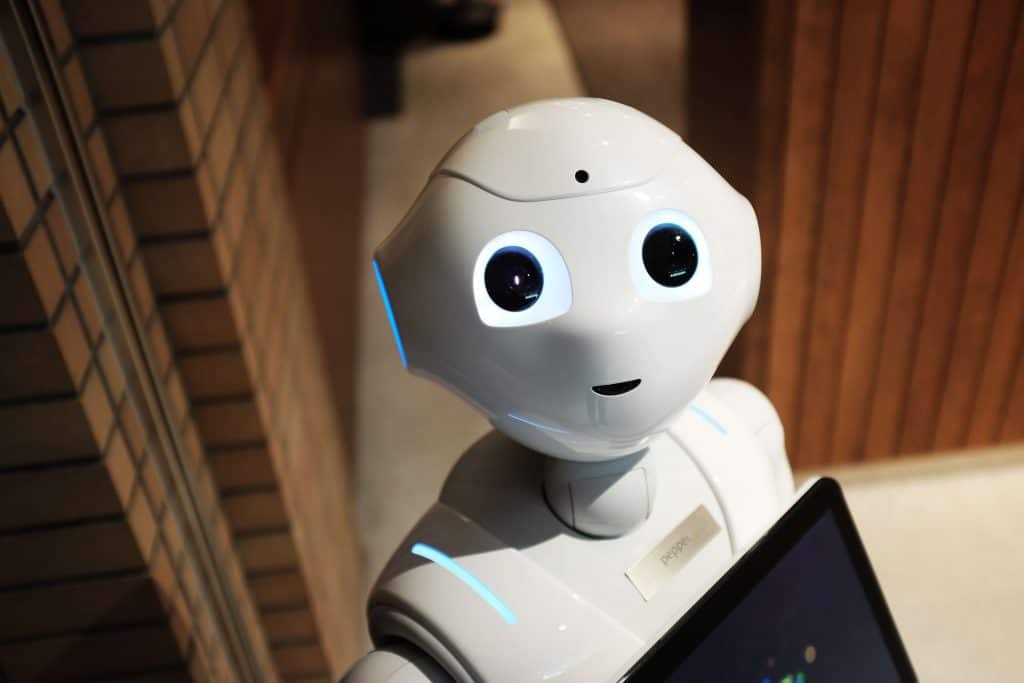
Companies are testing process automation with different hardware and software. They are placing increasing emphasis on artificial intelligence and robotics. So it should come as no surprise to anyone that many workers fear being replaced by robots
However, most experts say that – although some tasks will be automated – living workers have the necessary communication skills that robots do not. Therefore, these will only be used for repetitive tasks and operations.
It is a type of technology that allows computer-controlled robots to be programmed or configured to mimic the actions performed by humans. These machines can extract needed data from systems, input information and make choices in applications. The robots can perform physical actions when connected to specific devices

Process automation eliminates human error, usually due to distraction or fatigue. Robots are perfect for repetitive, standardized and uncomplicated tasks. They will not enter a wrong letter or number into the system. What’s more, they work effectively 24 hours a day, 7 days a week, and at a much lower cost.
As manufacturing costs rise and artificial intelligence develops more rapidly, we will certainly begin to see more widespread use of robots in various business areas and across many industries. Some business processes will focus on humans and others on automation. Companies may replace consultants with a chatbot, for example, to streamline taking customer calls.

Virtually every industry can apply artificial intelligence (AI) to some aspect of its operations. The biggest advances are in autonomous systems. AI and robotics are making it easier to transport people and goods and speed up the flow of information. Over time, many tasks will be automated. However, we have no reason to worry. Robots will not completely replace humans. We will always be needed to create, maintain, and improve systems
Over the past few years, robotics has overtaken desktop process automation. It facilitates vendor billing, accounts receivable processing and new employee induction. It also has some applications in the office. Experts suggest that robots will work best in hybrid environments
Bots are attractive because they contribute to business in many ways. They allow managers to easily and quickly create mini-applications and automations. Companies can’t always wait for IT to fix a problem or provide a new solution. If they can shorten the process by 10 minutes by automating an activity that is done hundreds or even thousands of times a day, they will save a lot of money

Importantly, robots do not make mistakes, although they will fail when something changes in the environment. Therefore, they should be equipped with a “control part” that signals anomalies and manages all aspects. Finally, machines don’t need to be recruited, trained, vacation, or stay late. They perform tasks until the controller indicates that they are no longer to do so.
More and more companies are offering bots and robotic process automation. They face significant challenges, including the need to scale quickly. They need to adapt to customer needs to succeed in the marketplace.
Think of a simple task that you perform multiple times a day. There’s a good chance you can automate it. Most companies start their robotics journey by applying technology to finance, HR and logistics. Consider, for example, the routine processing that accountants typically do to produce a report. The process of finding irregularities is tedious and time-consuming. So it’s worth thinking about automating it
Maybe you have a team that is responsible for order entry or data troubleshooting? In most cases, the data is pretty well defined, so robots should be able to handle it. They can also automatically answer customer questions in chat. So they will also work great for marketing and customer service.